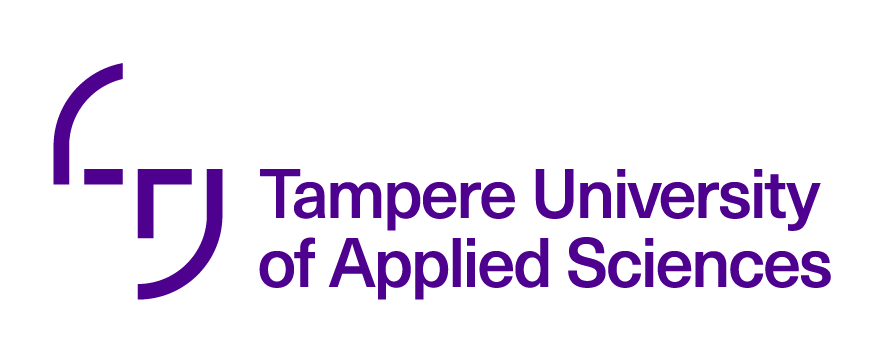User-oriented Wellbeing TechnologyLaajuus (3 cr)
Code: 7Q00EZ97
Credits
3 op
Objectives
The student
- is able to describe and assess the opportunities for well-being and health technology in promoting health
- is able to clarify the needs of different user groups and user experiences for various well-being and health technology solutions
- knows the methods with which well-being and health technologies are developed for different user groups’ needs
- knows the ethical principles in the user context of well-being and health technologies
- knows and understands the importance of data protection in the user context of well-being and health technologies.
Content
- maintaining well-being and promoting health as concepts
- key concepts and contents of well-being and health technologies
- the opportunities for exploiting technologies to maintain well-being and promote health
- main contents and concepts for user-centered design
- methods to identify user needs
- methods for the co-development of need-oriented and user-oriented technologies
- ethics and privacy in the user context of well-being and health technology
Assessment criteria, satisfactory (1-2)
The student
- is able to describe and explain the key concepts, contents and methods of well-being and health technologies and user-centred design
- is able to describe the methods for identifying the needs of users and is able to describe the methods for identifying joint development needs for user-oriented technologies and has tried some of them
- does not participate actively in discussion of ethical and data protection issues in the context of wellbeing and health technology.
Assessment criteria, good (3-4)
The student
- is able to use the key concepts of well-being and health technologies as well as user-centred design correctly and to choose methods for situations in the development process
- is able to use methods to identify user needs and co-develop technologies
- participates in the discussion of ethical and data protection issues in the context of wellness and health technology.
Assessment criteria, excellent (5)
The student
- is able to apply and combine methods to identify user needs and user-oriented technologies in collaboration
- is able to analyse, document and critically assess research results
- is able to participate constructively in the discussion of ethical and data protection issues in the context of well-being and health technology and to explain his/her viewpoints.
Further information
The course is a joint study course in the field of social and health care at the consolidated University of Tampere.
